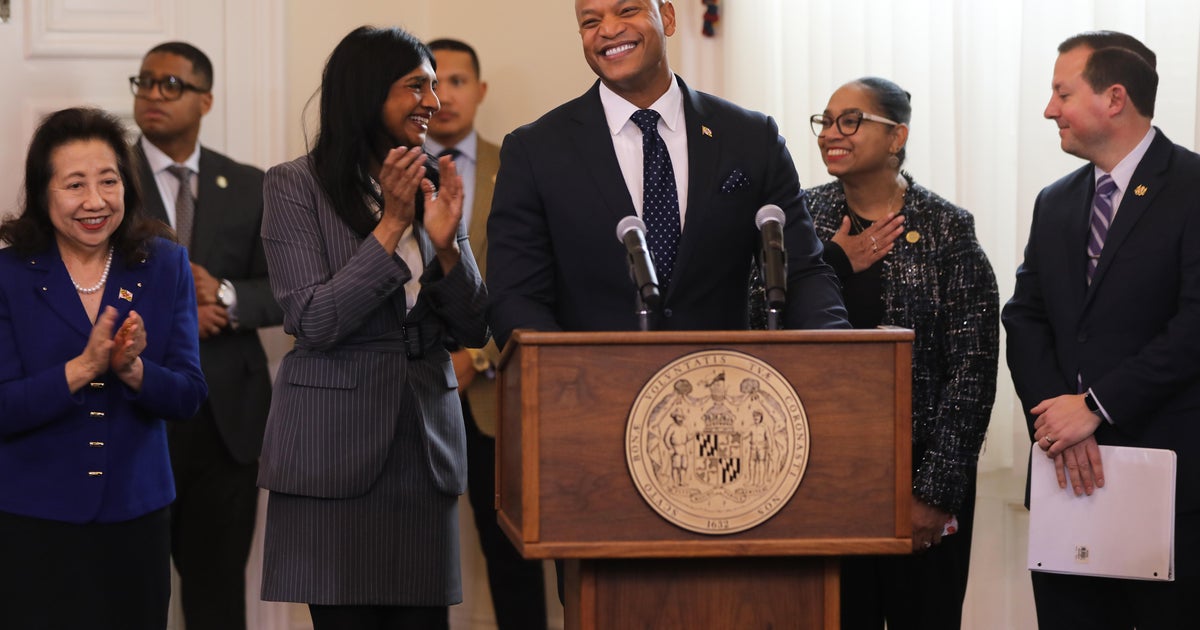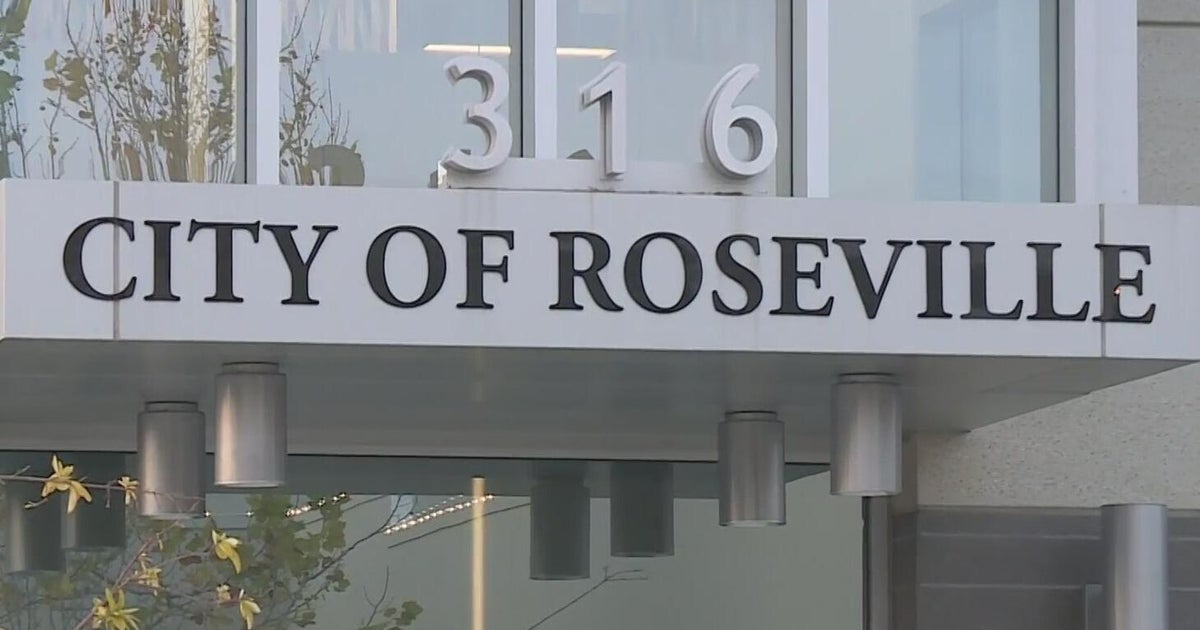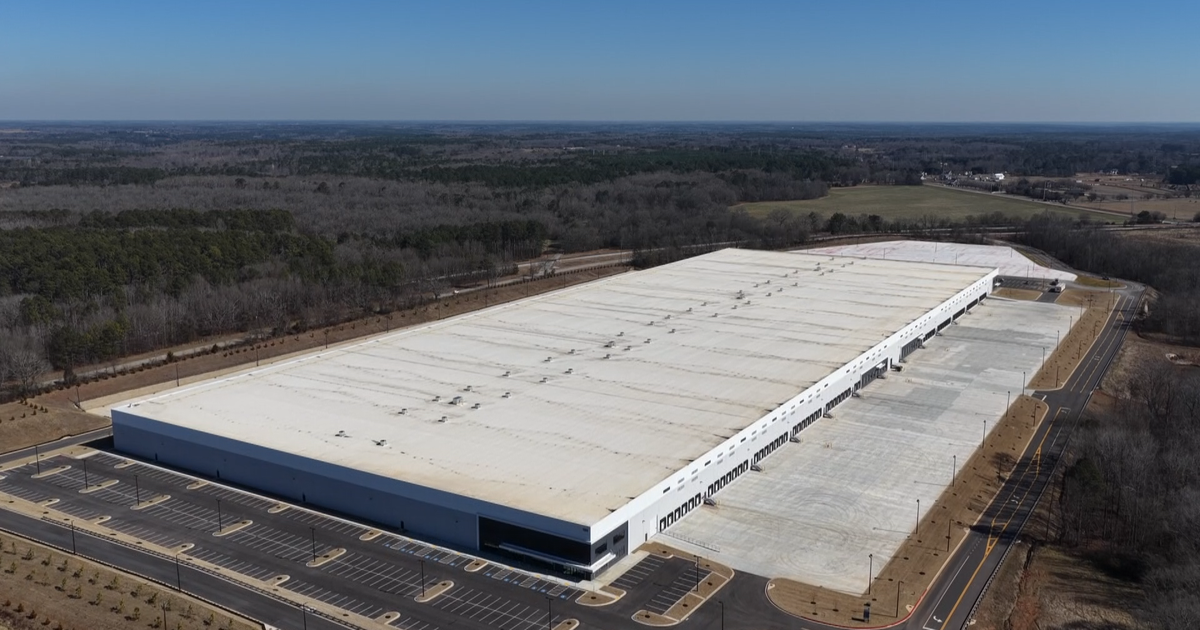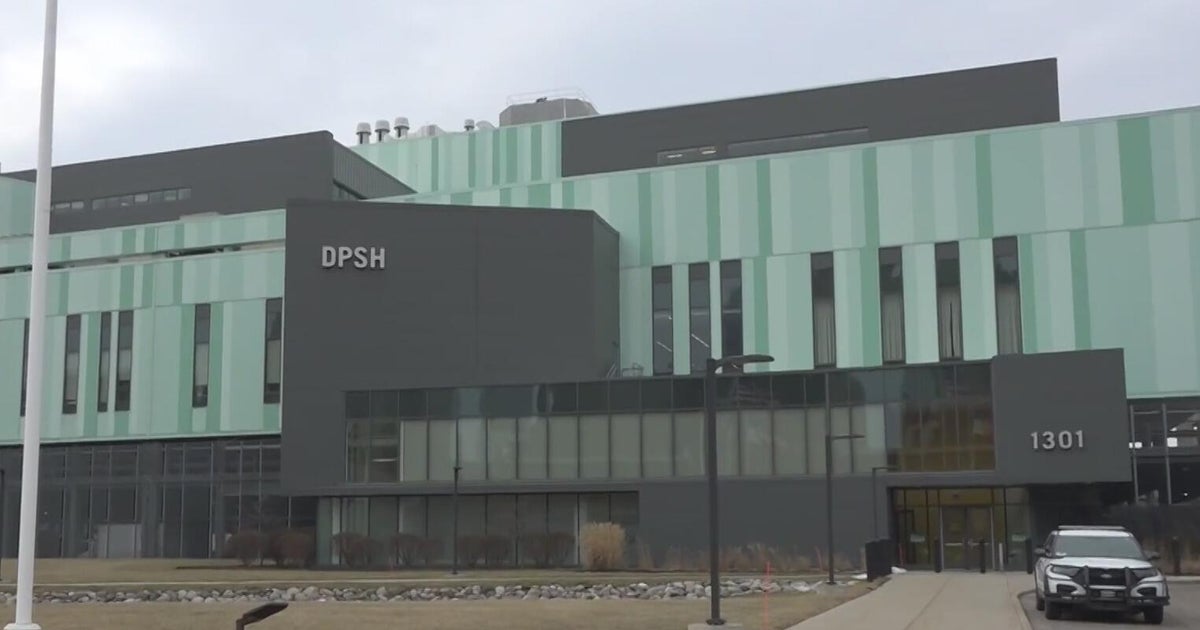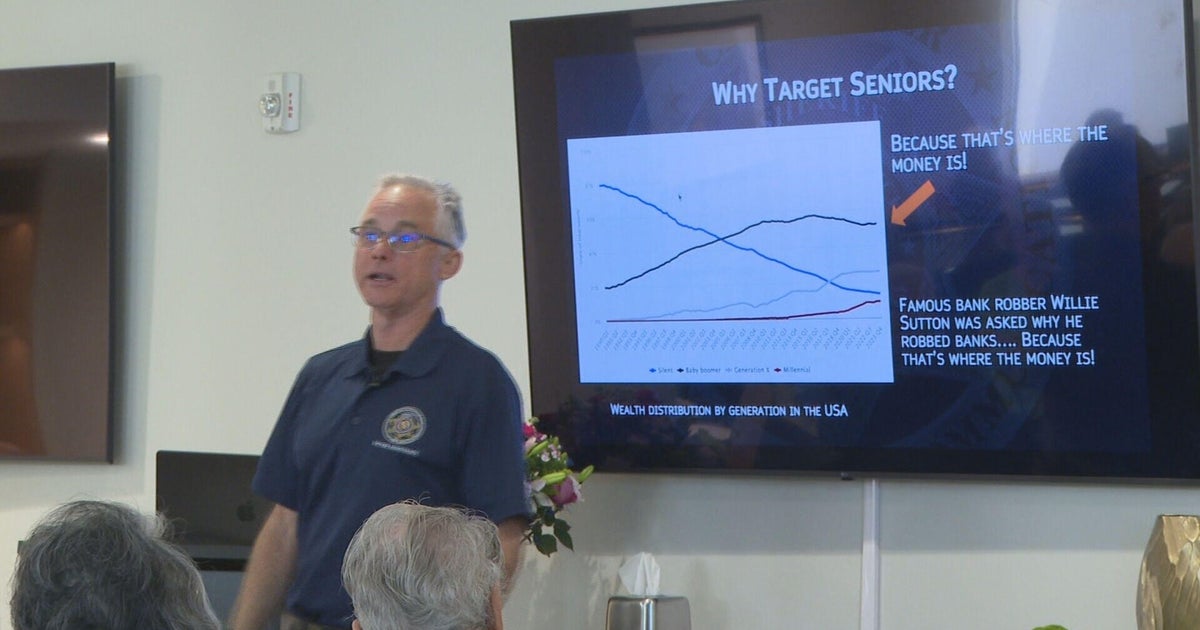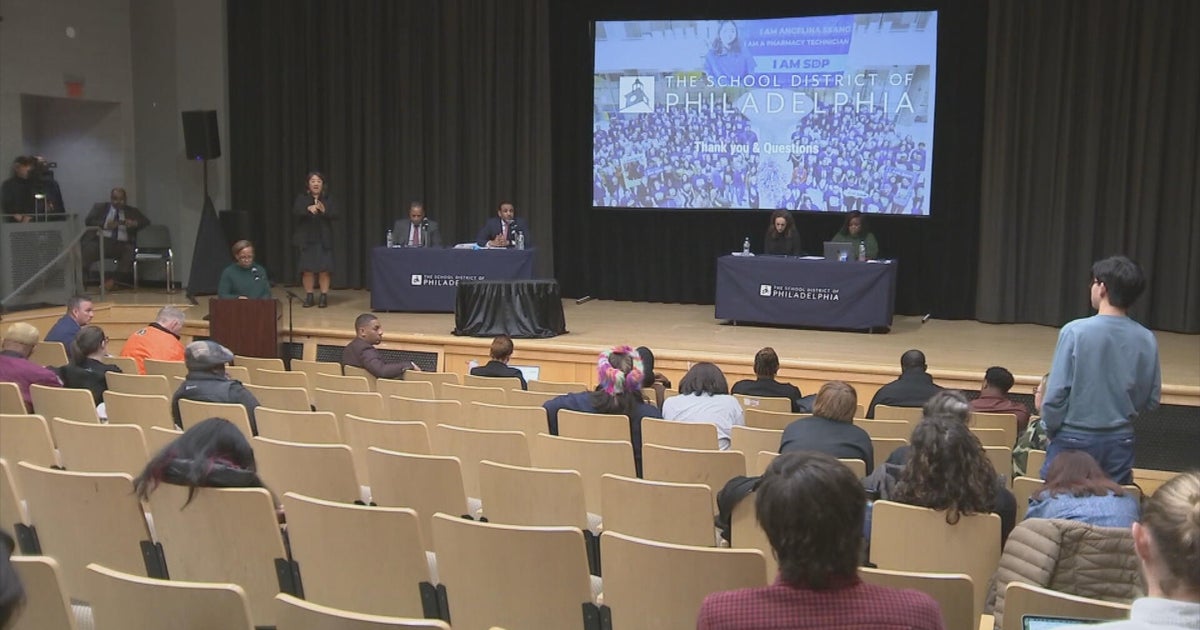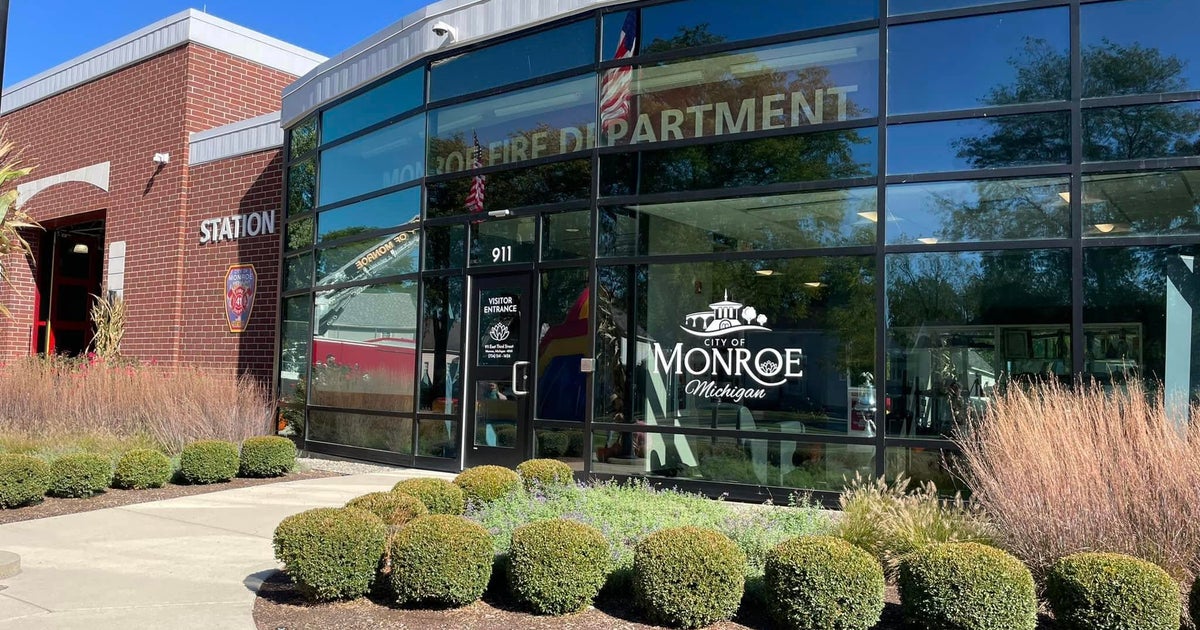Md. Health Officials Work To Combat Overdose Epidemic
BALTIMORE (WJZ) -- Combating Baltimore's epidemic drug addiction. As part of Maryland's Overdose Awareness Week, new actions are being taken to tackle this health emergency.
Tracey Leong explains.
City and state leaders are implementing the mayor's overdose plan to encourage treatment and fight the deadly epidemic.
"We are fully recognizing this as a public health emergency and are tackling it first-hand," said Dr. Leana Wen, Baltimore City Health Commissioner.
Learning how to stop a heroin overdose and training Baltimore City police officers how to administer naloxone to people overdosing---and preventing death. Last year, there were 303 drug and alcohol overdose deaths, a 23% spike from 2013. Nearly 200 of them were heroin-related.
"Most dangerous drug there is," said Toni Torsch. "Most dangerous in addiction."
Torsch lost her 24-year-old son Daniel to an accidental heroin overdose. To ensure other families have a fighting chance, she worked to make the overdose antidote more easily available.
"It's not the magic wand---we know that. But you have to save their life before you can change it," she said.
Public health experts are focusing on this treatment to decrease the overdose death rate.
"Targeting the districts which have the highest concentration of opiate overdoses," said Director of Police Training Paul Banach.
More than 18,000 people in Baltimore use heroin---and treatment is just one part of this uphill battle.
"It's not going to be easy to fight the heroin epidemic. This is an issue that ties into every part of Baltimore society," Wen said.
One hundred and thirty-nine officers are currently trained. That number will increase as they get more funding for the program.
For more information on Naloxone and preventing an overdose, click here.

